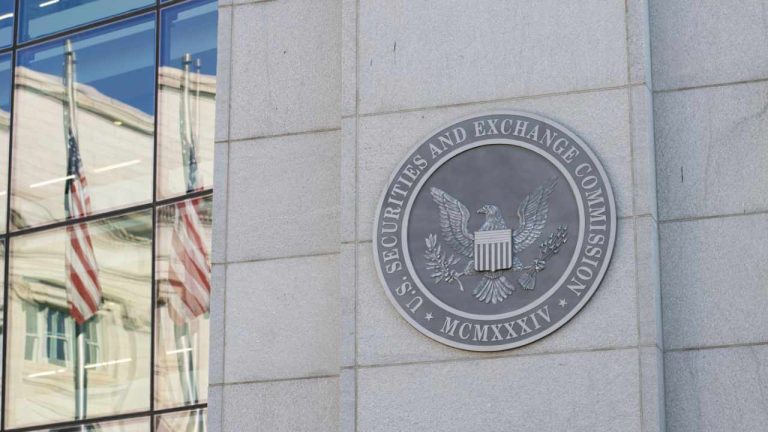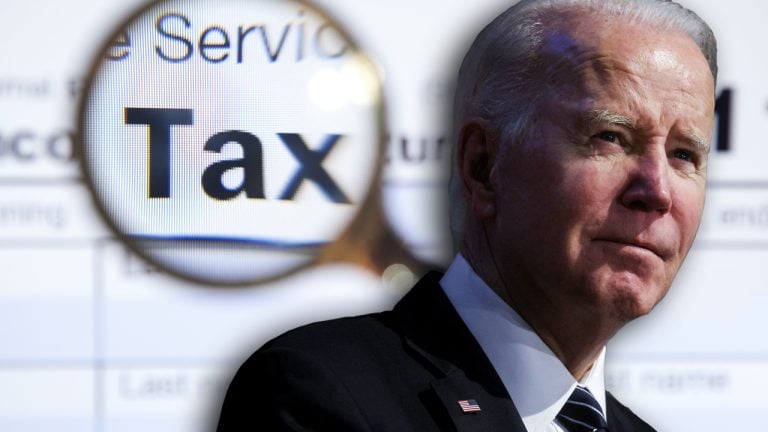
Donald Trump's team is considering handing the regulation of crypto exchanges and spot markets for cryptocurrencies deemed commodities to the CFTC.
Donald Trump’s incoming administration reportedly wants the US Commodity Futures Trading Commission to oversee the crypto industry — a move that could drastically roll back some of the regulatory power from the Securities and Exchange Commission.
The role could see the CFTC take on the regulation of spot markets for digital assets deemed commodities and crypto exchanges, Fox Business reported on Nov. 26, citing sources familiar with the matter.
United States President-elect Trump’s team says the SEC’s enforcement actions against industry players have slowed crypto innovation in the US and that a less stringent approach is needed to facilitate growth, Fox reported.











